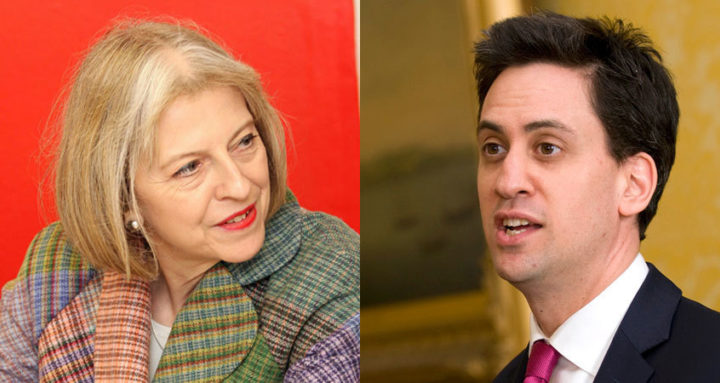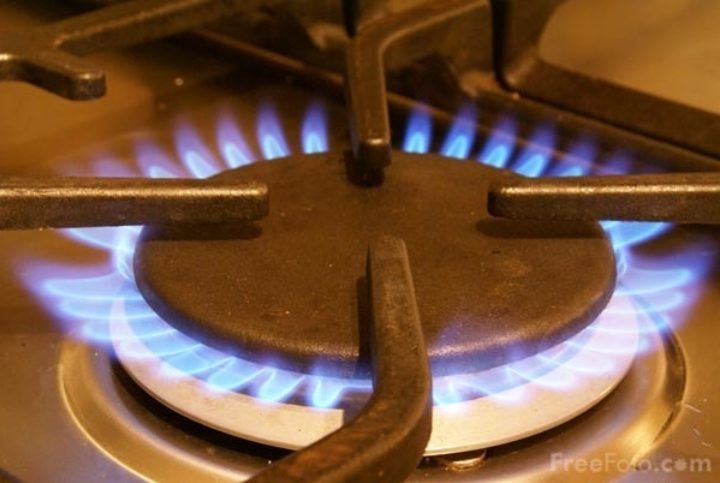Price freeze: Cold water for the UK’s energy sector?
What are the industry-wide effects of Theresa May's plan to cap energy bills?
By Jonny Marshall
Share
Last updated:

With mid-winter rolling nearer, stories detailing energy companies jacking up bills are beginning to surface.
Just last week, GB Energy Supply announced that it would be increasing rates on its standard variable tariff by 30%, with rising fuel costs and the post-referendum fate of the pound taking the blame.
Despite criticism when first aired by Ed Miliband, Theresa May has proposed that energy bills should be capped, a policy supported by The Sun and The Daily Mail, two newspapers with a recent history of convincing readers to do what they want. In advance the policy’s second airing inside three years, we take a look at how it could affect the UK’s energy sector, and outline alternative measures to combat rising prices.
Who will fare best from a tariff freeze?
In the short-term, most consumers will benefit from a price freeze. Fuel poverty affects around 10% of all UK households, having particular bite during the winter months as energy consumption rises. A freeze would help this winter (and maybe next), but may have an adverse effect further down the line.
Frozen prices and increasing fuel costs would erode energy company margins. While this is not necessarily a bad thing – profits at the 'big six' rose tenfold from 2007 to 2013 – squeezing margins would disproportionately affect smaller companies, typically running with smaller cash reserves, and financing assets with higher-cost capital. A reduction in the number of smaller providers could see an end to recent customer movement away from the big six – and a return to the oligopoly favoured by nobody apart from the large companies involved.

One sector that may benefit is UK-based companies involved in the supply of largely renewably-sourced energy. Good Energy, for example, recently announced a price freeze until March 2017, stating that it was insulated from fluctuations in currency and commodity markets (in the short term) due to wind and solar power's zero fuel costs. By jumping the gun on Mrs May, energy companies specialising in renewables may be able to show their resilience to price caps.
Well-functioning markets thrive on healthy competition, therefore any move that reduces the number of active companies would negatively affect consumers, increasing the likelihood of cartel-like behaviour seen in the past.
Pushing companies out of business could also harm the transition that is currently underway in the UK’s electricity sector. With vast swathes of the UK’s generation capacity coming to the end of its lifetime and needing replacement, fewer companies bidding to build new kit could lead to higher prices and higher bills further down the road.
Back in 2013, energy companies rallied against Ed Miliband to say that a price freeze would cease investment in the sector. With the capacity market set to begin next year, offering 15-year contracts to provide new generation capacity from the following winter, a system is now in place to incentivise upgrades to the power system. Whether this will work or not is a different matter.
Cutting bills without imposing a price freeze?
Ofgem figures show that the government has direct control over just 12% of energy bills, comprising policy costs and VAT. The remainder is dictated by wholesale gas and power prices, the cost of running the network, supplier costs and supplier margins. These factors are not completely independent of governmental control, but attempts to intervene could cause further damage to investor confidence and face corporate push-back.

Cutting VAT is an option; but despite being promised by Michael Gove and Boris Johnson during the Brexit campaign, it shows no sign of materialising into policy. Flat taxes are widely shown to disproportionately punish the less-well off, but raising taxes is hardly a vote-winning idea. Plus, with government coffers already stretched and the national debt continuing to grow, reducing this tax would likely see rises elsewhere. At only 5% of the total bill, the effects of cutting VAT would be somewhat limited and more than outweighed by the increase in wholesale prices since June.
Ofgem’s guide to winter energy bills shows that 7% is due to governmental obligations on suppliers – costs relating to schemes that decarbonise our electricity supply and help cut energy waste (and therefore bills) in low-income households. Around 60% of this is environmental, with the remainder funding social policies. If the UK is serious about meeting its legally binding climate change targets and reducing fuel poverty, it's hard to make the case for cutting these levies, which in the end will reduce bills by making energy use more efficient and reducing fuel costs.
Are there any other routes to lower bills?
A price freeze will only ever be a short term option. Energy prices are inherently variable, and there will be difficulties fixing them over any considerable period of time.
Boosting energy efficiency, cutting waste and installing smart meters are all means through which bills could be reduced on a more permanent basis. A recent report from centre-right think tank Bright Blue shows that effective wall insulation can reduce fuel bills by £165-331 per year, while insulating a loft can shave £121 annually. While these modifications require an initial outlay (for which loans used to be available under the Green Deal scheme), the savings will more than compensate for this cost over the medium to long term.
Increased uptake of smart meters is also expected to have an effect on bills. As households gain more control over their energy consumption, it will become easier to avoid the use of electricity during expensive peak-time periods.
It will enable consumers to participate in demand-side measures, backed as a vital (but yet undeveloped) aspect of the electricity system by National Grid, the government and industry players. By taking part in demand-side flexibility, investment in the energy sector can be restrained as fewer power plants and less transmission capacity will be needed. And avoiding the need to build this kit will also result in smaller bills, as consumers won’t need to pay for it.
So, while a price freeze may appease vocal onlookers, such a policy could result in higher bills in the future. It also risks retarding the transition underway in the UK’s energy system, a transition that is set to increase customer control over bills and reduce household outlay. Although Brexit-era politics naturally generate a focus on short-term concerns, an energy price freeze does not look like a sensible investment in a UK that works for everyone.
Share